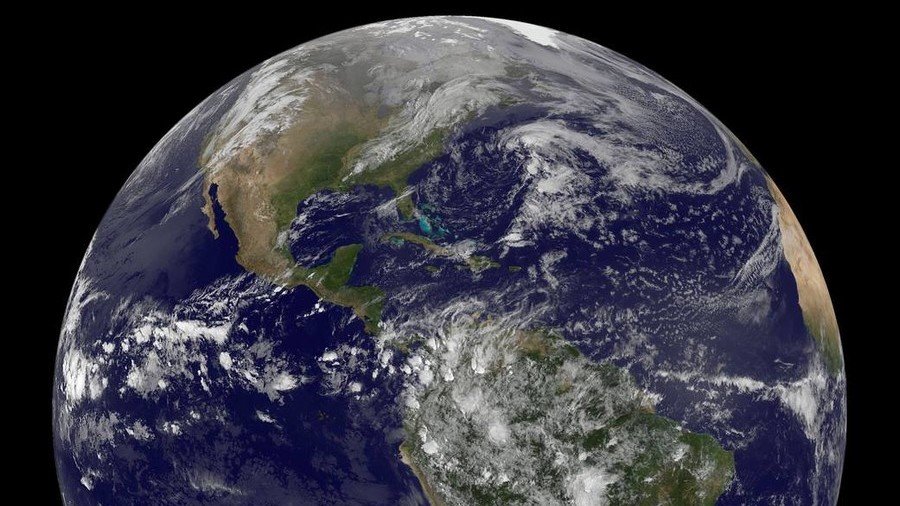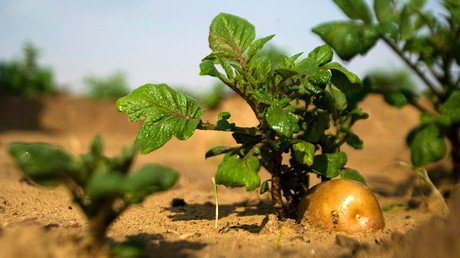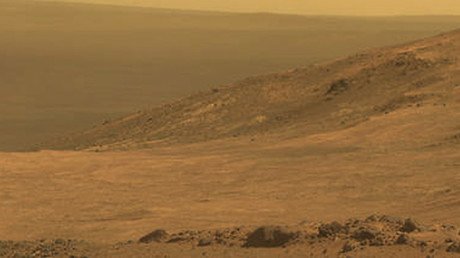Space poop: Astronaut feces on menu for future missions to Mars, study claims

Astronauts on their way to Mars may be required to eat their own waste in the form of a recycled paste. The innovation is being touted as a possible nutritional solution for long-term manned space missions.
Poop recycling, or “biological waste treatment” as the Penn State research team is calling it, converts human waste into a potential food source.
“We envisioned and tested the concept of simultaneously treating astronauts’ waste with microbes while producing a biomass that is edible either directly or indirectly, depending on safety concerns,” said Professor Christopher House.
Cakes in space: ‘Terry the teacake’ launched 120,000ft into the air (VIDEO) https://t.co/wTodjJvVrQpic.twitter.com/HzmOxHvSqu
— RT (@RT_com) October 15, 2017
"It's a little strange, but the concept would be a little bit like Marmite or Vegemite where you're eating a smear of 'microbial goo,’" House added.
Humans on board deep-space missions to the Red Planet will need to recycle water and nutrients to survive the months-long journey. Bringing food supplies from Earth would take up valuable space aboard the spacecraft as well as increase fuel consumption, which is why scientists are searching for a more economical solution by growing or generating food enroute.
READ MORE: Space Turkey: ISS crew give crash course in making Thanksgiving dinner (VIDEO)
In the NASA-funded study, published in Life Sciences in Space Research, researchers put artificial solid and liquid waste through a 4ft-long cylindrical system designed to break waste down using microbes and anaerobic digestion, a process similar to human digestion. The team reports that process produced Methylococcus capsulatus that was 52 percent protein and 36 percent fats, making it a potential source of nutrition for astronauts in deep-space flight.
While certainly interesting, the idea of repurposing human waste in space is not entirely new. In the 2015 sci-fi movie, ‘The Martian’, astronaut Mark Watney, played by Matt Damon, used feces to grow potatoes while stranded on Mars. However, House says their system of turning human waste into something edible is “faster than growing tomatoes or potatoes”.
READ MORE: Earth’s crust: ISS crew's surprise pizza delivery (VIDEOS)
The process is not only valuable for deep-space flight, says House. Astronauts onboard the International Space Station currently recycle a portion of their urine to make water, but their solid waste is ejected into the Earth’s atmosphere, where it burns up. The new method would fine-tune the recycling system to retrieve 85 percent of carbon and nitrogen back from the waste and turn it into protein.
It’s unlikely there’ll be room for treats on deep-space flights, but as of last November the ISS crews started receiving real ice cream and actual pizza to improve their psychological well-being while living and working off-Earth.
Think your friends would be interested? Share this story!














